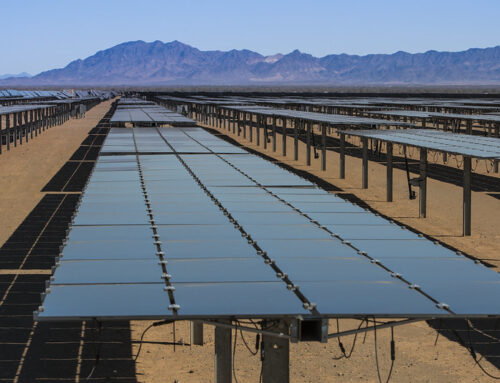The Highest-Paying Jobs In Cannabis—And How To Land One
May 14, 2025
Ever since Colorado and Washington became the first two states to legalize cannabis in 2012, the industry has been exploding. Though still federally illegal, this fragmented industry currently has 39 states that have legal medical markets and 24 states that permit the use of recreational marijuana. And if you need further convincing, a recent report estimated the US cannabis market size is expected to soar to $76.39 billion by 2030.
However, with a market oppressed by regulations and federal tax burdens, the industry outcomes have been mixed. According to the annual jobs report just issued by Vangst, a top cannabis hiring platform, there are 424,002 total cannabis jobs in the U.S. right now, a slight decrease (3.4%) from 425,000 in 2024. And even though national retail cannabis sales increased 5.8%, reaching $30.1 billion from $28.8 billion in 2023, Vangst is reporting that only 27.3% of operators were profitable in 2024, with only 40% breaking even.
Other interesting takeaways from the report:
- Gig economy and temp-to-hire roles are rising, especially in cultivation, processing, and manufacturing
- While 20 states saw year-over-year revenue growth, 19 states experienced a decline. Among the top states gaining jobs in the legal cannabis industry are New York, New Jersey and Ohio. Conversely, the top states losing jobs are Arizona, Illinois and California.
Yet, even with setbacks, it is an industry of unmined potential. This begs several key questions: What are the high-paying jobs in the business and how can one snag one of these jobs?
Recently, Deborah Saneman, CEO of Würk, a Denver-based cannabis software firm that provides HR services to businesses, answered these questions as well as the qualifications necessary for these jobs and who should consider them.
This Q&A has been edited for conciseness and clarity.
Iris Dorbian: What are some high-paying jobs in the cannabis industry?
Saneman: High-paying roles in cannabis typically fall into leadership, cultivation, technical and compliance-focused areas. They include director of cultivation, master grower, data scientist, chemist, vice president of compliance, cannabis extraction technician and lead software engineer for cannabis tech platforms.
Dorbian: What are the roles and responsibilities of a director of cultivation?
Saneman: A director of cultivation is responsible for overseeing all aspects of cannabis plant production. This includes managing grow operations, optimizing yield and quality, ensuring environmental compliance, implementing integrated pest management systems and leading cultivation staff. They also liaise with regulatory agencies and coordinate with manufacturing and retail teams to align production with demand.
Dorbian: What experience or qualifications are needed to be a director of cultivation?
Saneman: [The job] typically requires five to 10 years of experience in large-scale horticulture or agronomy; a strong knowledge of cannabis-specific genetics and growing techniques; experience managing commercial grow operations, including staffing, SOPs and compliance; and a familiarity with METRC or other seed-to-sale tracking software. A degree in plant science, horticulture or a related field is preferred, but not always required.
Dorbian: What is the average salary of a director of cultivation?
Saneman: [The] national average salary is $90,000 to $150,000 plus annually, depending on market maturity and operation scale.
Dorbian: How do you get a job as a director of cultivation?
Saneman: To land a role like director of cultivation, [you need to] gain hands-on experience in a regulated grow operation, even starting as a cultivation assistant can build critical skills. Also, [you should] leverage credentials in horticulture, plant biology, or regulated agriculture if applicable. Demonstrate regulatory fluency especially in tracking, reporting and state-specific grow compliance. And, network within the industry, attend cannabis conferences and stay visible to multi-state operators and recruiters hiring for leadership roles.
Dorbian: Who should consider a job as a director of cultivation?
Saneman: The role is ideal for professionals who have a passion for agriculture, botany or controlled-environment farming; enjoy working in a high-stakes, high-compliance environment; can lead cross-functional teams and optimize both plant health and operational efficiency; and are motivated by the opportunity to shape production strategy in a high-growth industry. It’s a great fit for people who thrive in evolving markets and want to be on the leading edge of both plant science and business innovation.
Dorbian: Anything else?
Saneman: [There are] important considerations: Salaries can vary significantly based on location, with states having more mature cannabis markets often offering higher pay. Experience, education and specialized skills are major factors influencing earning potential. Plus, the size and financial stability of the cannabis company (e.g., MSO vs. single-state operator) can also affect salary levels. The cannabis industry is dynamic, and salary trends may continue to evolve as the legal landscape and market mature.
Search
RECENT PRESS RELEASES
Related Post



